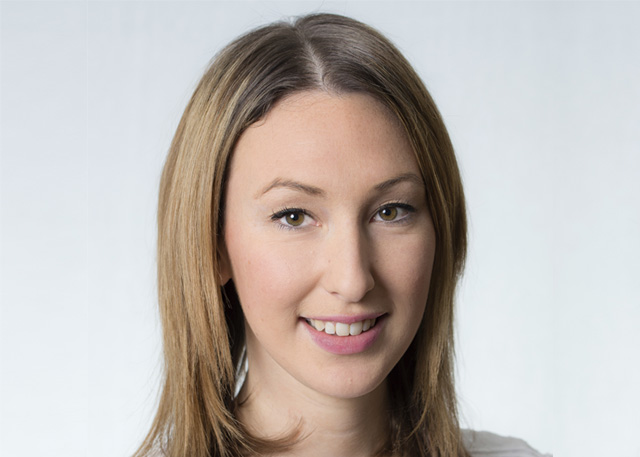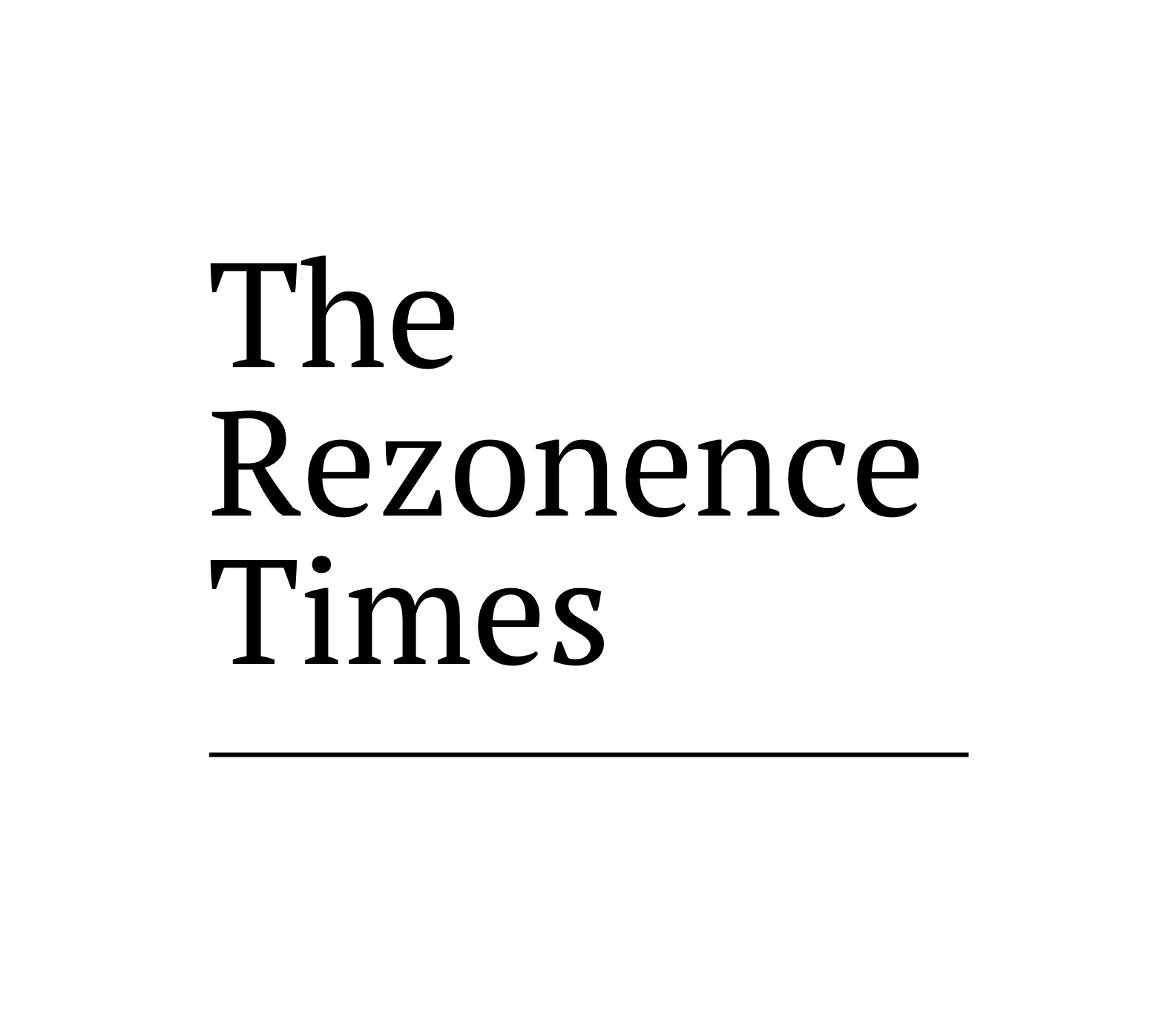Following on from Jody, here is the second interview from our BBC Labs series with the person who made it all happen, Hannah Blake.
Hannah was the programme manager at BBC Labs, and it’s fair to say that the programme wouldn’t have been the success it was without her!
Firstly, can you tell us a bit about yourself?
Of course! I am part of the founding team of the visual podcasting business Entale Media. I head up partnerships and business development and am responsible for on-boarding publishers, creators, advertisers and users. Previous to this, I led business development at Founders Factory, the corporate accelerator and incubator whose investors include The Guardian, easyJet, Aviva and L’Oreal; was innovation director for WPP’s media agency Wavemaker (formerly MEC) and headed up BBC Worldwide’s startup Labs.
Remind us what BBC Labs offered?
BBC Worldwide Labs was one of the first ever corporate start-up accelerators. The programme offered the start-ups six months of free office space at BBC HQ in White City, access to talented mentors in the digital media space and the opportunity to collaborate with the BBC teams with a view to forging some kind of commercial partnership. The programme was not involved in any monetary investment.
What were you looking for in the one-year old businesses that were in the programme?
The programme was aimed at emerging digital media start-ups with a view to helping them gain traction and scale by working with the BBC. Obviously it goes without saying that we were looking for smart and ambitious founders but also businesses where there was some kind of strategic alignment with BBC Worldwide and a mutual benefit to all involved.
Large corporates find it hard to move fast and drive meaningful innovation so to be able to work with start-ups that were taking a new approach to the creative and media industry provided huge opportunity. Equally we wanted to be able to provide something of use for the start-ups whether it was access to data, content, audience or expertise.
What was the most difficult thing to manage?
The vast differences in the pace at which business happens in big companies compared to start-ups – and managing that expectation during the programme.
Start-ups want and need things to move quickly whereas process and priorities on the BBC side would often slow things down. We had our own little hacks to get around this, setting false deadlines for example. Jody will remember the time we told the recruitment team that they needed to sign the final contract that day because an announcement of the deal was going to press that afternoon. There was no announcement but the deal got signed!
We would rarely complete a partnership within the six month programme, but once secured, most of the partnerships did turn out to be fruitful and worth the wait.
Who surprised you the most?
Not so much who, but what!
Looking back, the most surprising and satisfying thing was the diverse nature of the start-ups we chose, and the impact that had across a number of business units at the BBC.
We secured partnerships in content, data, ad-sales, recruitment, comms and events – and with that, inspired teams across the organisation to be more open to partnering with start-ups.
I would like to think that the BBC Labs had a significant cultural impact across the organisation to the point where in the end we had teams from the BBC coming to us rather than us chasing them!
You have now founded your own business. What have you taken from the BBC Labs into your new role?
I have learnt that resilience, positivity and building relationships are crucial.
I remember a lot of the founders having to deal with so much red tape, vast information security documents, difficult payment terms – all sorts of big corporate structures that are in place for good reason, but just do not work for start-ups.
The founders that got the deals done were the ones who built the best relationships and dealt with all the hurdles with a hugely positive attitude. My experience working in big corporates also helps me appreciate their priorities and challenges, which is especially useful now I find myself sitting across the table from them!

